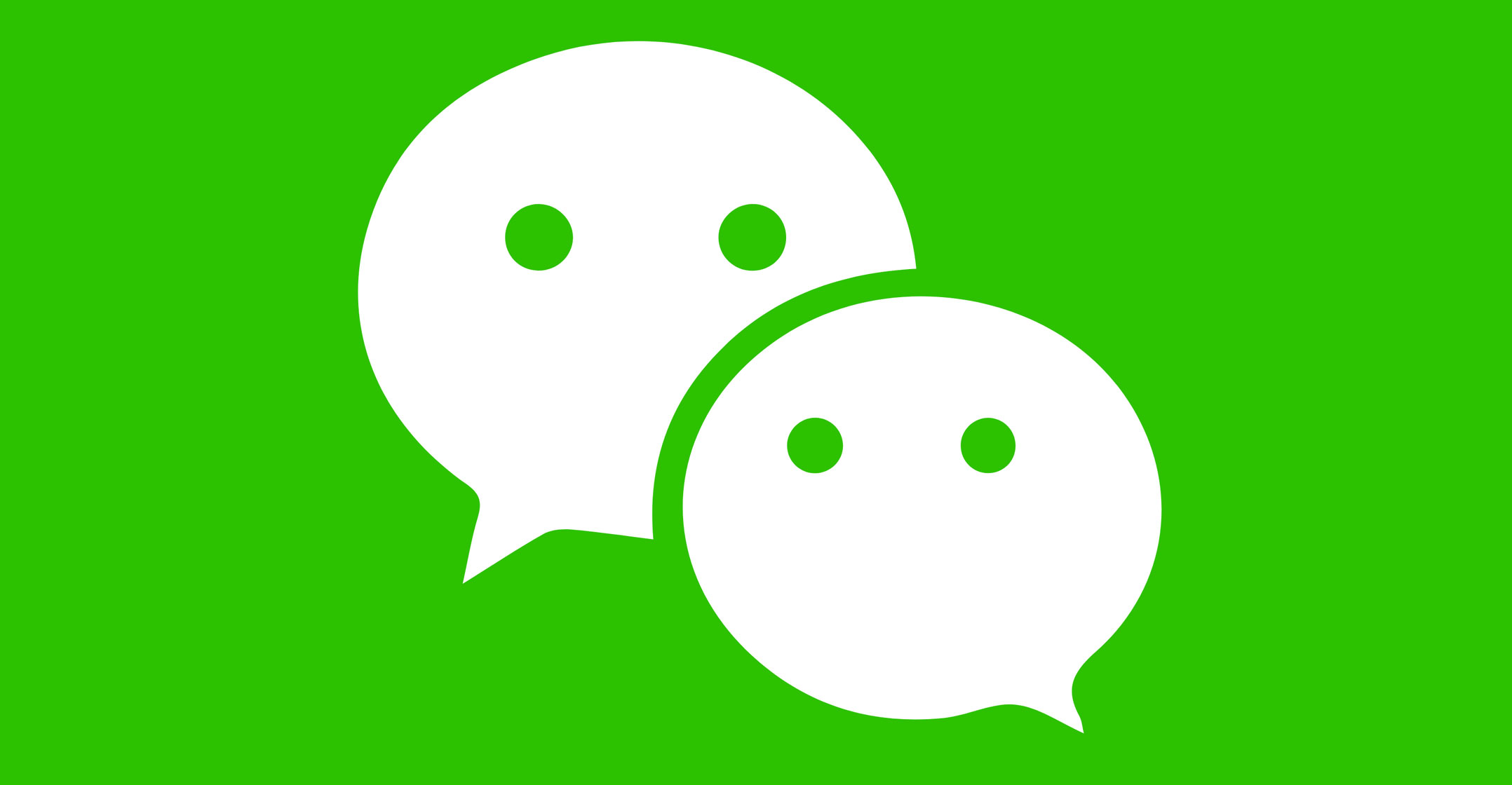 US President Donald Trump asked a San Francisco judge to stay an injunction blocking a ban on Tencent’s WeChat, arguing the Chinese-owned messaging app jeopardises national security.
US President Donald Trump asked a San Francisco judge to stay an injunction blocking a ban on Tencent’s WeChat, arguing the Chinese-owned messaging app jeopardises national security.
US magistrate Laurel Beeler issued the preliminary injunction last week at the behest of users who argued those prohibitions trampled the free-speech rights of millions of Chinese-speaking Americans. The app, which was supposed to disappear from American app stores on Sunday, hosted 19 million regular users in the country and more than a billion worldwide.
WeChat has emerged as a top target in Trump’s crackdown on China ahead of the November elections. Tensions between Washington and Beijing escalated after his administration waged a campaign that’s also ensnared ByteDance and its short-video service TikTok.
“The court’s preliminary injunction permits the continued, unfettered use of WeChat, a mobile application that the executive branch has determined constitutes a threat to the national security and foreign policy of the US,” government lawyers wrote in their filing. It would allow Beijing to “surveil the American people and collect and use vast swathes of personal and proprietary information from American users to advance its own interests.”
Similar argument
The US says WeChat is a threat because Tencent is intertwined with the Chinese Communist Party, which can use the app to disseminate propaganda, track users and steal their data. It’s a similar argument Washington has used to force a sale of TikTok to American firms Oracle and Walmart, a mega-deal now awaiting Trump’s and Beijing’s sign-offs.
This week, Chevron became one of the first major American corporations to enforce Trump’s executive order ban when it instructed employees worldwide to remove WeChat from work phones.
But the judge found the government provided insufficient evidence of a security threat. “While the government has established that China’s activities raise significant national security concerns — it has put in scant little evidence that its effective ban of WeChat for all US users addresses those concerns,” Beeler wrote. — Reported by Zheping Huang, (c) 2020 Bloomberg LP




